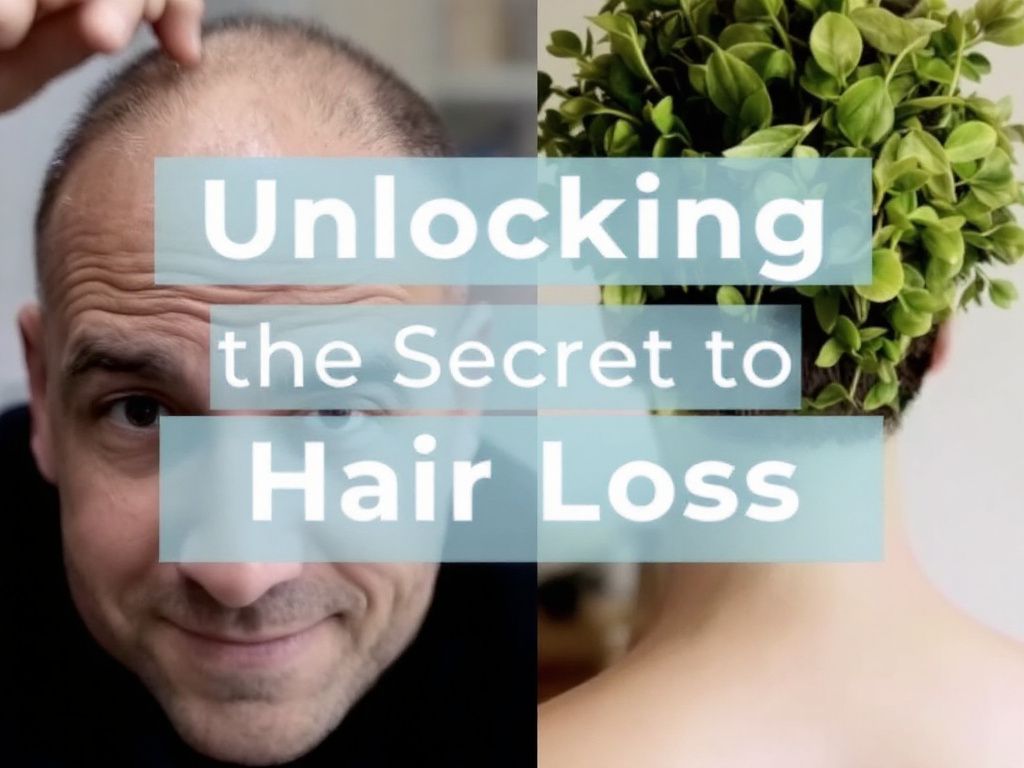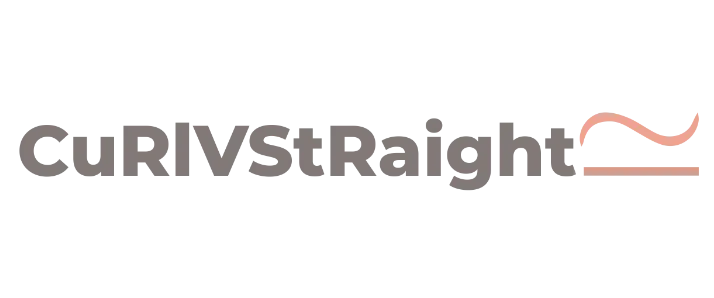
Have you ever looked in the mirror and wondered why your hairbrush is getting the lion’s share of your glorious locks? You’re certainly not alone in this hair-raising experience. In fact, a good chunk of the population is grappling with hair loss. But, before you go investing in questionable potions or giving up on your hair altogether, let’s chat about some easy and practical steps you can take today—starting with the best vitamins and minerals for hair loss. Trust me, your hair’s future is looking brighter already.
Understanding Hair Loss: It’s Complicated
Hair loss is such a strange beast, right? Sometimes it seems to have a mind of its own. But often, there’s a rhyme and reason lurking within your body’s nutritional support—or lack thereof. Hair, just like every other part of your body, needs the right nutrients to stay healthy. Without them, it’s like trying to grow a lush garden in the Sahara Desert. So, let’s set out on this journey together and see what vitamins and minerals could be waving the stop sign to your hair loss woes.
The Holy Grail: Vitamins for Hair Loss
1. Vitamin A: The Growth Promoter
First on the stage, let’s roll out the red carpet for Vitamin A. It’s a vital player in helping all cells grow, including hair. Hair is the fastest-growing tissue in the human body, and, boy, does it demand its share of Vitamin A! But hey, here’s a friendly nudge—don’t overdo it. Too much Vitamin A and you’ll be waving goodbye to your locks faster than they can grow.
**Suggestion**: Reach for carrots, sweet potatoes, and spinach to keep those Vitamin A levels sweetly balanced.
2. Biotin: The Star Performer
Moving on down the vitamin avenue, we can’t skip over Biotin, often hailed as the celebrity for hair, skin, and nails. A deficiency in this B-vitamin can really rain on your hair’s parade, leading to thinning and, you guessed it, hair loss.
**Suggestion**: Add almonds, egg yolks, and whole grains into your diet. They’ll keep your Biotin cup running over and your hair happily rooted.

3. Vitamin C: More Than a Cold Fighter
Most people think of vitamin C and visualize cold remedies, but it’s also a heavy hitter in the hair department. This vitamin not only protects your hair from oxidative stress but helps your body absorb necessary iron, an essential for healthy hair.
**Suggestion**: Sip on some orange juice or nibble on strawberries and enjoy the benefits. Your hair will thank you.
4. Vitamin D: The Sunshine Vitamin
Here’s a sunny twist—Vitamin D is not just a mood booster post-winter blues but also linked to hair health. A deficiency here could result in alopecia, a big, hairy ordeal you want to avoid.
**Suggestion**: Bask in the sunshine for a healthy dose of Vitamin D or consider fortified foods like milk. Sometimes supplements can be your best bet when the sun isn’t playing nice.
5. Vitamin E: The Protecting Shield
Vitamin E pampers your scalp with antioxidants, promoting growth and repair. It’s like sending your hair on a delightful spa day.
**Suggestion**: Amp up those nuts and seeds in your diet. A handful daily will do wonders.
Big Kudos to Minerals for Nutritional Support
Iron: The Stabilizer
Iron is the steady rock that nourishes your hair’s roots. When those levels drop, anemia often ensues, leading to hair loss. So, if your hair is staging a disappearing act, iron might be the sleuth you need to consult.
**Suggestion**: Feast on lentils, beef, and spinach, keeping in mind that Vitamin C can help you absorb more iron from your diet.

Zinc: The Repairer
Much like the unsung hero, Zinc works behind the curtains, repairing hair tissues and ensuring glands attached to hair follicles perform optimally. A deficiency? You guessed it—celebrity-style hair shedding.
**Suggestion**: Oysters, beef, and pumpkin seeds are your Zinc BFFs. Don’t skip on these nutrient powerhouses!
Selenium: The Scavenger
Selenium’s antioxidant qualities pack a punch against dandruff and hair loss. But a fine balance is key—too much selenium and you may deter rather than delight your hairline.
**Suggestion**: Brazil nuts are rich in selenium, but caution with quantity here. A couple of nuts a day will suffice.
Putting It All Together: Creating a Hair-Friendly Lifestyle
Diet: The Daily Resolution
The undercurrent of any sturdy strategy—one that genuinely tackles hair loss—couples well with a nutritious diet. Incorporating a variety of these hair-loving vitamins and minerals becomes less of a chore and more of a lifestyle upgrade.
Consistency is Key
As we talk about hair health, or any health for that matter, consistency matters. Flying high on vitamins today only to plummet tomorrow won’t help you at all. Aim for a balanced intake every single day. It’s the everyday little steps that will create change.
Supplements: Friend or Foe?

When diet alone doesn’t quite bridge the gap, supplements step in like trusty sidekicks. There’s no shame in leaning on a multi-vitamin here or there when necessary. But hey, chat with your doctor before mixing up your vitamin cocktail. Personalized guidance is the trump card you don’t want to miss.
Common Mistakes to Avoid
Now, before diving headlong into an all-vitamins-are-great bonanza, let’s pause. Too much can sometimes be as detrimental as too little. Consider this a gentle reminder to stay informed about what “recommended daily allowances” mean. Overconsumption can trigger toxicity and impair other health aspects, swinging your pendulum back to square one.
FAQs on Vitamins for Hair Loss
Which vitamin deficiency is most commonly linked to hair loss?
Iron deficiency is frequently associated with hair loss, particularly in women. It may even outshine others in the cheeky old lineup of hair villains.
Can a combination of vitamins prevent hair loss effectively?
Absolutely, as listed above, a harmonious combination where each vitamin plays its unique role can turn the tide in preventing hair loss and boosting your mane’s health.
Are natural food sources or supplements better for fixing hair loss?
Let’s circle back—I lean towards natural food sources because they come loaded with several other nutrients and fiber. Supplements fill those specific gaps but shouldn’t replace a wholesome diet.
In the End: A Last Word
Fixing hair loss isn’t about quick fixes or miracle elixirs. Embarking on this “Hair Quest” together, it’s clear that integrating the best vitamins and minerals into everyday life offers both realistic and rewarding results. Patience is not just a virtue; it’s an actionable strategy here.
As we journey through this maze of hair dilemmas, remember—you and your hair deserve the best nurturing it can get. Frames may crack, and hairlines may recede, but you’re well-equipped on this new path to hair health and growth. It’s time we embraced what nutrients right under our noses can achieve. Your crowning glory will thank you, mark my words!
Frequently Asked Questions
Which vitamins are best for addressing hair loss?
Some of the best vitamins for addressing hair loss include Vitamin A, B-Vitamins such as B12, Biotin (B7), B5, B2, and B3, as well as Vitamin C, Vitamin D, and minerals like Zinc, Selenium, and Iron. These vitamins help in maintaining healthy hair follicles and supporting the hair growth cycle[1][3][5).
Can vitamin deficiencies cause hair loss?
How do hair loss vitamins work?
Hair loss vitamins work by supplementing your diet with the necessary vitamins and minerals that your hair follicles need for healthy growth. They help fill the nutritional gaps in your diet, ensuring that your hair follicles receive the essential nutrients for optimal hair growth. Vitamins like Vitamin A support sebum production, while Vitamin C helps in collagen production and iron absorption[1][3][4).
Can hair grow back after addressing a vitamin deficiency?
- The 14 Best Hair Loss Vitamins & How They Actually Work. Hairlust.
- Which Vitamin Deficiency Causes Hair Loss?. Dr. Malay Mehta.
- Do Vitamins for Hair Growth Really Work?. U.S. Dermatology Partners.
- Hair Growth Vitamins and Supplements. HairScience.



Leave a Reply